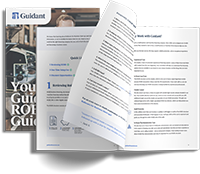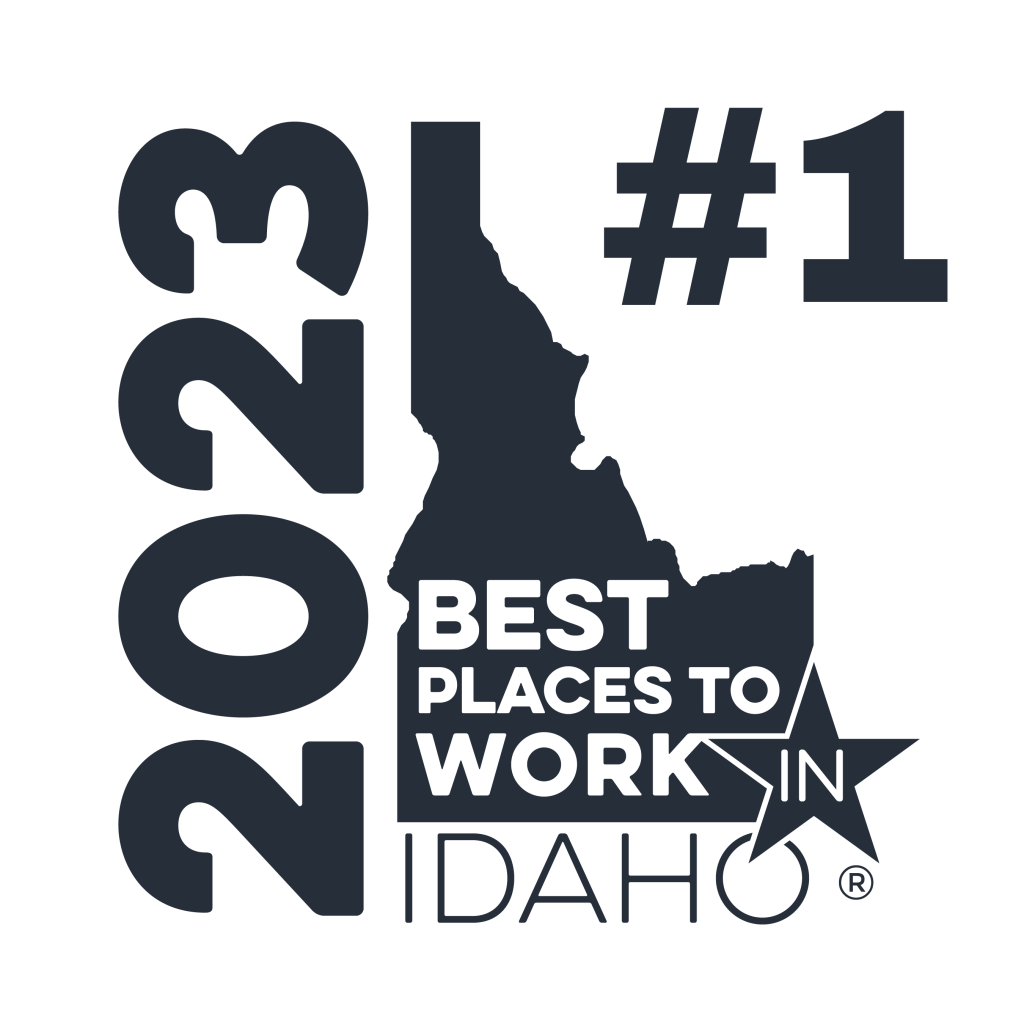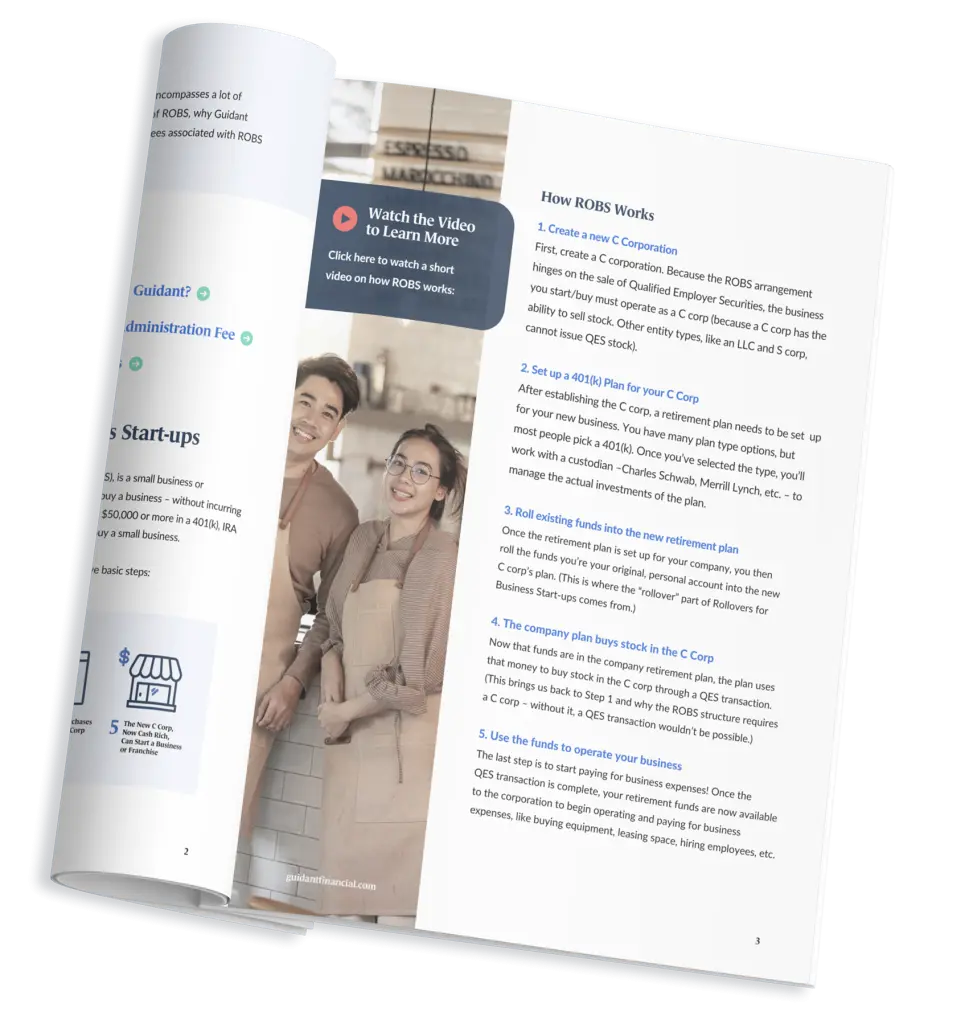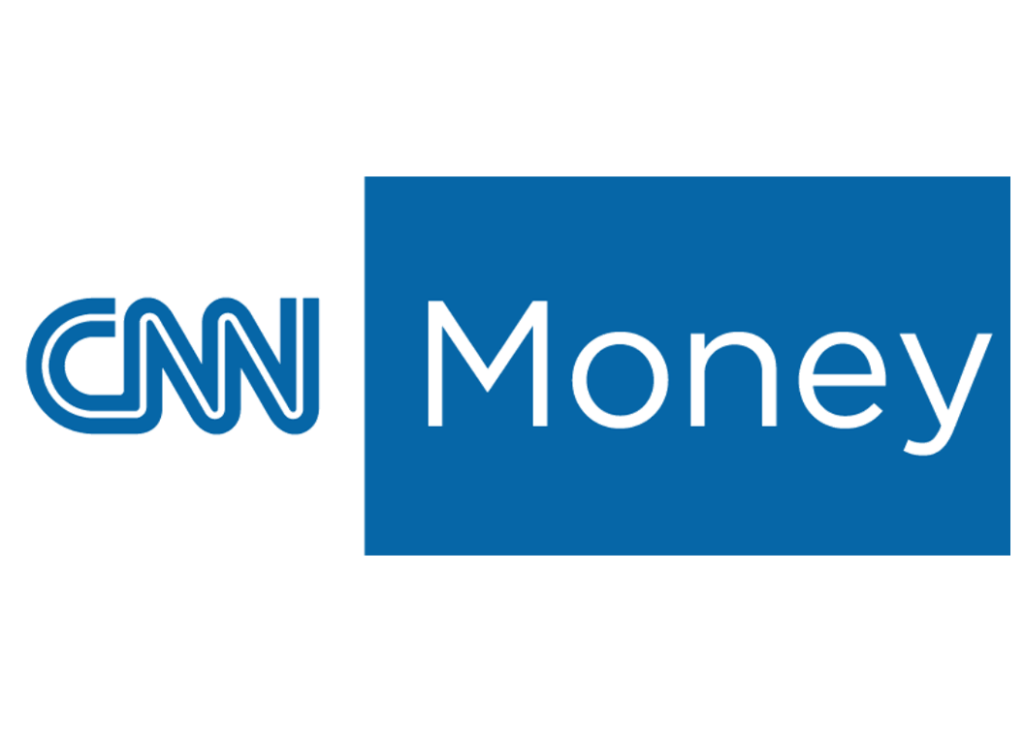If you’ve created a successful business and want to franchise it, it’s a very good idea to get on the SBA Franchise Directory.
Why Listing on the SBA Franchise Directory Is a Good Idea
Your Franchisees Will Become Eligible for SBA Loans
The first reason is that the U.S. Small Business Administration (SBA) acts as a guarantor by helping take on some of the responsibility on these small business loans, including those for franchisees. But to be eligible for its loans, the franchise must be listed in the Franchise Directory. As a result, both lenders and Certified Development Companies (CDCs) will look at the Franchise Directory to determine eligibility when they receive SBA loan applications.
SBA loans for small businesses are some of the most advantageous loans around, offering better interest rates and terms than other types of business loans. They can also be used for a wide range of business purposes, from expansion to equipment purchases. So your franchisees may well want to turn to SBA loans as a potential funding source at some point, or at least have the option.
The lack of a listing, in other words, can potentially cut down on your business opportunities. Because prospective franchisees may not be able to work with you without SBA funding or may not consider you a good prospect because of the restriction on that funding source.
The Franchise Directory is Like a Franchise Phone Book
The first step to making partners is being found by partners, right? The second reason to be listed is that savvy small business people may use the SBA Franchise Directory as a method of researching potential franchises to partner with, run, or invest in. There are 2,566 franchises listed and the Directory is updated every week, so it serves as a very useful compendium of franchises for entrepreneurs to check out.
The How: Getting on the SBA Franchise Directory
So the big question becomes: How do I get listed on the SBA Franchise Directory?
You need to compile the following documents and submit them to the SBA.
- The franchise agreement for your brand (or agreement for a license, dealer, jobber, or similar)
- A Franchise Disclosure Document (FDD), if applicable, outlining information about the roles and requirements for both franchisor and franchisee
- Any other documents that a potential franchisee would be required to sign to become a franchisee and apply for an SBA loan.
These documents must be submitted via e-mail to the SBA Franchise Team, which reviews all submissions for inclusion in the SBA Franchise Directory. The address is [email protected].
Is my business eligible to get on the SBA Franchise Directory?
All documents are reviewed to determine whether your business model is eligible under the SBA affiliation rules and other criteria.
Although franchises can get SBA loans, the SBA is concerned about excessive affiliation, so is likely to review your documents with that in mind. Affiliation exists when an “individual or entity controls or has the power to control another” or a third party controls or can control both. Affiliation can exist in ownership, management, franchise or other agreements, and more.
Briefly, to meet general eligibility criteria, your business must be organized as an operating business for profit (nonprofit organizations are not eligible for SBA loans). You must also be located in the U.S., its territories, or its possessions.
Your business must also meet the official size requirements for a small business under SBA criteria. There are two possible size standards, the industry size standard, and the alternative size standard, and you may qualify under either one.
Under the industry size standard, the applicant alone must not be larger than the small business size standard for its primary industry, and the applicant combined with affiliates can’t be larger than the size standard for the primary industry. Under the alternative size standard, both the applicant and the affiliates can’t have a net worth larger than $15 million, and the net income, on average, for the two fiscal years before the date you apply can’t be larger than $5 million, excluding carryovers (as determined by Federal income tax returns).
Preparing the Franchise Disclosure Document
The required documents submitted can be very extensive. A standard FDD, for example, includes multiple sections, including information on:
- The history of the franchise, including any predecessors and affiliates
- The executive team and their experience
- Financial results for the past 3 years, including balance sheets, operating statements, cash flow, and owner’s equity statements
- Fees required from the franchisees
- Forecasts of franchisee investment required, including a working capital estimate
- Any restrictions on the sources of services and products
- Number of franchises and outlets
- Obligations of the franchisee
- Conditions of financial arrangements
- Any geographical restrictions for the franchisee in terms of territory
- Trademarks registered to the franchise
- Franchisor assistance, training, computer systems, and advertising
- Any litigation the franchisor is involved in, either ongoing or previous
- Any history of bankruptcy
- Contracts, including service, computer system, supply, and other contracts
Issues With Listings
It’s important to understand that your franchise does not have to be large and well-known — or even to be commonly called a franchise — to be included in the SBA Franchise Directory. Businesses that license products for offer or sale, such as insurance carriers that contract with insurance companies for products that their salespeople offer to the public, can and have met the SBA requirements.
The SBA utilizes the Federal Trade Commission’s (FTC) definition of a franchise. Under this definition, a franchise is a continuing commercial relationship or arrangement in which a franchisee has the right to operate a business and/or to sell products that are identified with your trademark. You, as the franchisor, has authority over the operations methods and may provide assistance in them. Finally, the definition includes the fact that franchisees must make payments to the franchisor or your affiliate in order to be a franchisee.
If you have any questions about whether your business meets this definition, it may be prudent to consult a lawyer.
If your brand does not meet the FTC definition of a franchise, you can request that it be included in the SBA Franchise Directory, but it will be noted that it does not meet the FTC’s definition. The SBA intends that this streamline SBA lender activity.
The Franchise Directory Itself
The SBA Franchise Directory is available as a PDF to download. It contains the franchises alphabetized by brand name as well as the SBA Franchise Identifier Code, its start date, and other relevant notes. Updates are added weekly.
Let Guidant Financial Help Your Potential Franchisees With Funding
Once your franchise is registered with the SBA, Guidant can begin helping your candidates secure funding. Talk to a Guidant team member today!
















